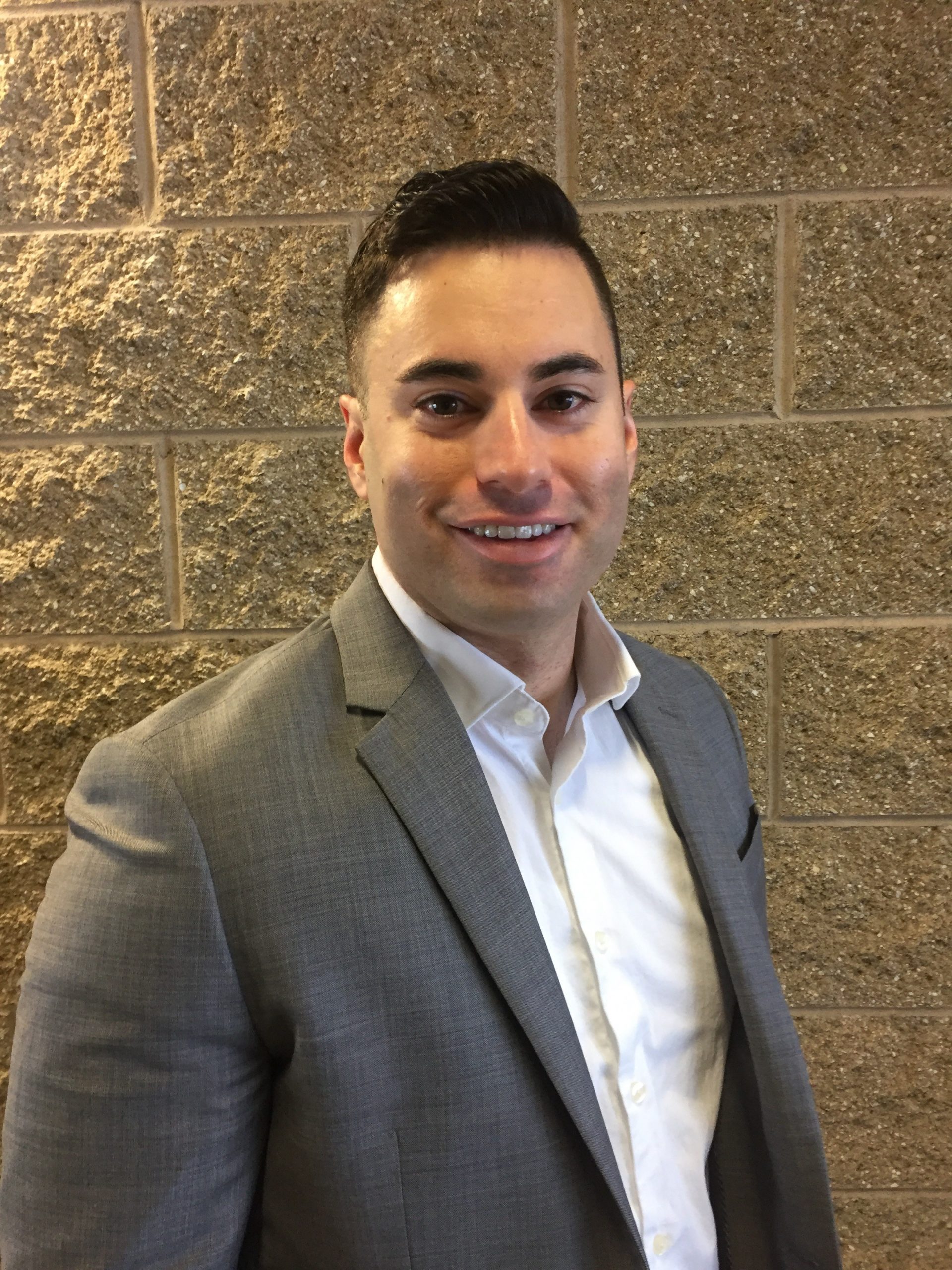The internet has become a powerful tool for connecting people with the services they need. This also means addiction treatment services have become more accessible than ever.
Addiction treatment centers must now adapt to this change in the industry by learning to utilize various digital marketing strategies, including internet marketing. In this digital age, effective internet marketing not only helps you compete in a crowded marketplace, but also allows your facility to reach those who need help.
But rehab centers should be aware that marketing through the internet comes with its own set of challenges, from navigating strict advertising regulations to building trust with a vulnerable audience.
Here we will cover everything you need to know about addiction treatment center internet marketing, including strategies, challenges, and best practices.
Why Internet Marketing Matters for Addiction Treatment Centers
Internet marketing matters for most businesses in almost every industry. Also known as online marketing, internet marketing refers to the strategies and practices used to promote products, services, or brands through digital channels on the internet.
This includes a wide range of activities aimed at reaching and engaging a particular audience—in this case, people who are dealing with substance use disorders (SUDs).
Internet marketing leverages tools like websites, search engines, social media, email, and online advertisements to connect with potential customers and clients. Its goal is to increase visibility, build brand awareness, and generate measurable results such as leads, sales, or website traffic. Rehab facilities can use internet marketing to create and distribute content, build their community, and ultimately drive conversions.
Here are some reasons why internet marketing is crucial for addiction treatment service providers:
Reaching the Right Audience
Internet marketing allows treatment centers to connect with individuals who are actively searching for help with their substance use disorder.
Through search engine optimization (SEO), paid advertisements, and social media campaigns, they can target specific demographics and geographic locations. This ensures that their message reaches those who need their support the most, including patients and their families. These people rely on online resources to find help, and that is where you can reach them.
Building Trust and Credibility
There is a lot of fear and stigma surrounding the addiction treatment process, which is why you need to earn people’s trust before you can get them to seek treatment.
A professional online presence builds credibility. High-quality websites, testimonials, and educational content help demonstrate expertise and empathy, which are critical for those who are thinking about going to rehab. Reviews and accreditations featured prominently on websites and Google profiles reassure potential clients that the center is reputable and reliable.
Standing Out in a Competitive Market
The demand for addiction treatment services is high, but so is the competition. Effective internet marketing allows you to differentiate your center by highlighting your unique offerings like specialized programs, staff credentials, and holistic treatment approaches.
It is also a more cost-effective approach compared to traditional marketing. Certain strategies, which we will discuss later on, can ensure that your money is spent efficiently. Additionally, social media platforms offer affordable advertising tools to engage with a wider audience while staying within budget.
24/7 Availability for Information and Support
Internet marketing allows addiction treatment centers to provide round-the-clock access to vital information. Websites with frequently asked questions (FAQs), live chat features, and downloadable resources ensure that potential clients can find answers whenever they need them. This constant availability can be a decisive factor in a person’s choice of rehab facility.
Data-Driven Decision Making
Digital marketing tools provide valuable insights into user behavior, giving centers some vital information on what works and what doesn’t. Metrics like website traffic, ad performance, and audience engagement help refine marketing strategies to maximize effectiveness. With this data, treatment centers can continuously adapt their approach to better serve their audience.
Challenges in Internet Marketing for Addiction Treatment
By leveraging the power of internet marketing, addiction treatment centers can expand their impact and connect with those in need. It helps make their services more accessible even when they are not online. However, just like any other marketing strategy, it comes with its own set of unique challenges.
Regulatory Restrictions
Internet marketing for addiction treatment is tightly regulated to ensure ethical and accurate advertising.
Platforms like Google and Facebook require treatment centers to obtain certification from organizations like LegitScript to verify their legitimacy. These rules, while necessary to prevent deceptive practices, can create barriers for new or smaller treatment providers that may lack the resources to meet these requirements.
Additionally, compliance with federal and state regulations, such as Health Insurance Portability and Accountability Act (HIPAA), adds another layer of complexity, requiring careful management of patient data and marketing materials.
Sensitivity of the Topic
The target of addiction treatment marketing includes people who are experiencing physical, emotional, and psychological vulnerabilities. This means responsible marketing practices are necessary. It requires a nuanced approach since you do not want to be exploitative or insensitive.
Missteps in messaging can damage your credibility and reputation. Whatever content you publish must strike a delicate balance—offering hope and solutions without making exaggerated claims or stigmatizing the issue.
You must also keep in mind that families and individuals seeking help are often in crisis. This means your messaging should not only be empathetic but also relevant to their needs.
Cost of Advertising
The high cost of online advertising in the addiction treatment sector can be a significant hurdle, especially for smaller providers. Due to intense competition, particularly on platforms like Google Ads, pay-per-click (PPC) costs can soar for keywords related to addiction and recovery. Coupled with the need for expert marketers to optimize campaigns and maintain compliance, these expenses can strain budgets.
It can also be difficult to secure a positive return on investment (ROI), as potential patients often conduct extensive research and may take time to decide, elongating the sales funnel.
Key Strategies for Addiction Treatment Center Internet Marketing
Despite these challenges, addiction treatment facilities simply cannot go without an internet marketing strategy. Therefore it is important to learn all about the best strategies to incorporate into your internet marketing campaign:
Search Engine Optimization
SEO is a cornerstone of effective internet marketing, not only for addiction treatment centers but all businesses promoting their services online.
This strategy is all about optimizing your website for search engines to increase visibility and attract potential clients. Search engine optimization will allow your rehab facility to reach people who are researching addiction treatment programs online, whether it’s for themselves or for a loved one.
Start with comprehensive keyword research to identify terms potential clients are using, such as “addiction treatment near me”, “rehab centers”, or “alcohol recovery programs”. You can then incorporate these keywords naturally into your content so that it would show up higher in search engine results.
It is also important to make sure your website is optimized for local SEO by creating a Google Business Profile (GBP) and gathering positive reviews. This is because most searches for treatment centers are geographically specific.
Additionally, technical SEO elements like fast page loading times, mobile-friendliness, and proper site architecture are crucial for both user experience and search rankings. Regularly updating content and building backlinks from reputable sources further enhance your site’s authority.
Just remember that SEO is a long-term strategy and will not produce results overnight. Your competitors are using the same keywords, which means this is something you need to do continuously in order to benefit from it.
Content Marketing
One strategy that goes hand-in-hand with SEO is content marketing. Providing valuable information by publishing content online helps build trust and establish your authority. Giving potential clients and their families helpful content allows them to make more informed decisions when it comes to their recovery.
Content should be tailored to address common questions and concerns, such as the signs of addiction, the benefits of different treatment approaches, and tips for supporting loved ones in recovery.
Educating your target audience about addiction, its effects, and the treatment process also helps fight stigma. In the long run, this will convince more people to go to rehab rather than continue to suffer from the effects of addiction.
By demonstrating expertise and empathy through content, treatment centers can foster deeper connections with their audience and encourage them to take the first steps toward recovery.
Examples of Effective Content:
- Blog Posts: Topics like “10 Signs You Need Addiction Treatment” or “How to Support a Loved One in Rehab.”
- Video Testimonials: Stories from former clients who have successfully recovered.
- Infographics: Visual content explaining the stages of addiction or recovery.
- Webinars: Host live Q&A sessions with addiction specialists.
Social Media Marketing
Everyone is using social media—and that is something you must capitalize on. Social media marketing is a powerful tool for addiction treatment centers to connect with potential clients, build trust, and raise awareness about their services.
By leveraging popular platforms like Facebook, Instagram, LinkedIn, and X (Twitter), centers can share engaging and educational content that resonates with their target audience.
This may include success stories, informational posts about addiction and recovery, live Q&A sessions with experts, and wellness tips. On social media, your content can even be shared to a much larger audience. They can also attract comments, opening up conversations and helping you build your community.
Consistency is key—posting regularly helps build an active online presence. Paid advertising options on social media can further enhance your reach, allowing you to target specific demographics and geographic areas.
How to Use Social Media:
- Share Success Stories: Highlight stories of hope and recovery.
- Post Educational Content: Facts about addiction, treatment options, and coping strategies.
- Engage With Followers: Respond to comments and messages promptly to build trust.
Pay-Per-Click (PPC) Advertising
Pay-per-click advertising is a highly effective approach that complements your other organic strategies. Using platforms like Google Ads and Bing Ads allows you to target specific keywords, ensuring that your ads appear at the top of search engine results pages.
A well-executed PPC campaign involves carefully selecting high-intent keywords, crafting compelling ad copy, and leveraging location-based targeting to reach individuals in your treatment center’s service area.
Email Marketing
Email marketing is a powerful tool for connecting with potential clients and their loved ones in a personalized and impactful way. Key strategies include segmenting email lists to target different audiences and providing value-driven content.
Regular email newsletters allow you to showcase your center’s expertise, highlight upcoming events, and share recovery tips. Social media is not the only place where you can build your community.
Measuring Success in Internet Marketing
Tracking the performance of your internet marketing campaigns is essential to understand what works and what doesn’t. This involves assessing various key performance indicators (KPIs) that align with your business’s goals. These can include metrics like website traffic, conversion rates, customer acquisition cost, and return on investment).
Tracking these metrics allows rehab centers to understand how effectively their marketing efforts are reaching and engaging their target audience. For example, an increase in website traffic might indicate successful SEO and content marketing strategies, while high conversion rates show that the marketing message resonates with potential clients.
Tools like Google Analytics, social media insights, and email marketing analytics are commonly used to track these KPIs.
Work with MasterMindSEO
Internet marketing for addiction treatment centers is both a science and an art. It requires a strategic approach, ethical responsibility, and a deep understanding of your audience’s needs. By combining techniques like SEO, content marketing, social media, and PPC, you can build a strong online presence that not only drives business but also makes a meaningful impact in the lives of those struggling with addiction.
While challenges like regulations and high costs can be daunting, the rewards are worth the effort. A thoughtful, empathetic marketing strategy can connect people with the help they desperately need—transforming lives and fostering recovery, one click at a time.
Internet marketing is a powerful tool for addiction treatment centers to connect with those in need. Done correctly, it can be an essential part of your mission to make a positive difference in the lives of others. And because internet marketing has become such an indispensable tool for addiction treatment centers, it is important to work with a company you trust.
MasterMindSEO has experience in performing digital marketing campaigns for e-commerce, national, regional and local businesses. Email or call and we will be happy to see how we can help your center get more leads and help more patients!
Ready to take your addiction treatment SEO to the next level? Want to rank your detox center on Google Maps? Let MasterMindSEO help you.
[button color=”undefined” hover_text_color_override=”undefined” url=”https://bookme.name/MasterMindDBS” text=”Get More Admits!” color_override=””]

